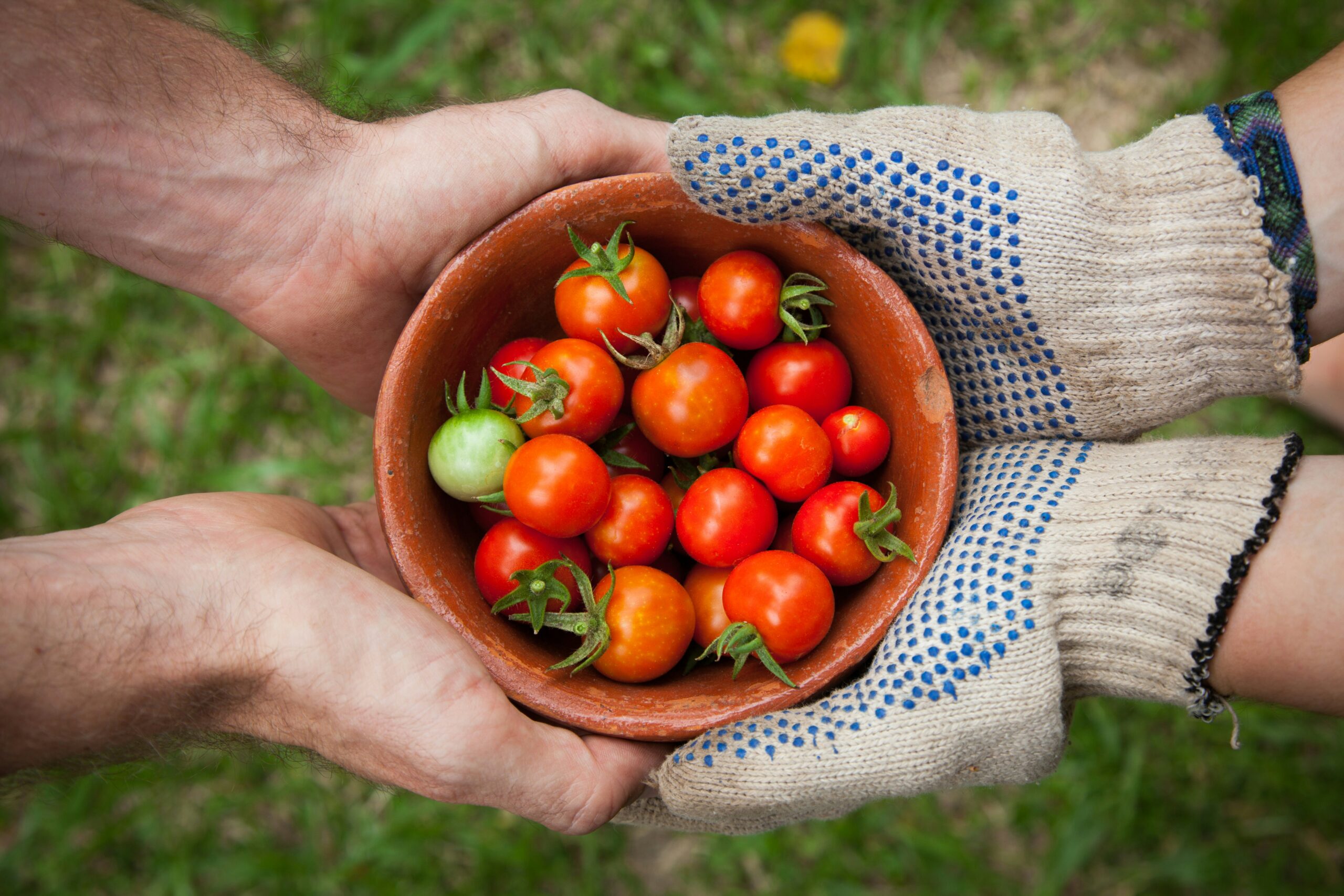
Balancing Material and Spiritual Life

In today’s fast-paced and consumer-driven society, finding a balance between material possessions and spiritual fulfillment can be a challenge. Many individuals find themselves caught in the web of materialism and consumerism, constantly striving for more possessions and wealth, while neglecting their spiritual well-being. However, it is essential to recognize the importance of nurturing both our material and spiritual lives in order to achieve true happiness and fulfillment.
The Relationship Between Material Possessions and Spiritual Fulfillment
Material possessions can provide us with comfort, convenience, and a sense of security. They allow us to meet our basic needs and enhance our quality of life. However, relying solely on material possessions for happiness can be a slippery slope. The pursuit of material wealth often leads to a never-ending cycle of desire and dissatisfaction, as there will always be something newer or better to acquire.
Spiritual fulfillment, on the other hand, is derived from a deep sense of purpose, connection, and inner peace. It involves nurturing our inner selves, developing meaningful relationships, and finding a sense of meaning and fulfillment beyond material possessions. While material possessions can enhance our lives, they should not be the sole source of our happiness or define our sense of self-worth.
The Pitfalls of Materialism and Consumerism
Materialism and consumerism can have detrimental effects on our well-being. The constant pursuit of material possessions can lead to financial stress, debt, and a never-ending cycle of work and consumption. It can also create a sense of emptiness and dissatisfaction, as the happiness derived from material possessions is often short-lived.
Furthermore, the relentless pursuit of material wealth can distract us from our spiritual growth and the pursuit of more meaningful experiences. It can lead to a disconnection from our values, relationships, and the natural world around us. In essence, materialism and consumerism can prevent us from living a truly fulfilling and purposeful life.
Strategies for Achieving Balance
1. Reflect on your values: Take the time to reflect on what truly matters to you. Identify your core values and align your actions with them. This will help you prioritize your material and spiritual pursuits accordingly.
2. Practice gratitude: Cultivate a sense of gratitude for what you already have, regardless of your material wealth. Focus on the positive aspects of your life and appreciate the simple pleasures. Gratitude can help shift your focus from material possessions to the abundance that already exists in your life.
3. Set boundaries: Establish clear boundaries around your material desires and consumption habits. Avoid falling into the trap of mindless shopping or accumulating possessions for the sake of it. Instead, make conscious choices about what you truly need and what aligns with your values.
4. Seek meaningful experiences: Invest your time, energy, and resources in experiences that bring you joy, fulfillment, and a sense of purpose. Engage in activities that nourish your soul, such as spending time in nature, practicing mindfulness, or volunteering for a cause you care about.
5. Practice moderation: Embrace the principle of moderation in all aspects of your life. This applies not only to material possessions but also to work, relationships, and other areas. Strive for a balanced and harmonious approach that allows you to meet your needs without becoming consumed by excess.
Cultivating Gratitude and Contentment
Gratitude and contentment are essential qualities to cultivate, regardless of our material wealth. By practicing gratitude, we shift our focus from what we lack to what we have. This mindset allows us to find contentment and appreciate the present moment, rather than constantly chasing after more possessions.
Contentment does not mean complacency or stagnation. It is about finding joy and fulfillment in the present moment, while also working towards our goals and aspirations. It involves embracing a mindset of sufficiency, where we recognize that we have enough and are enough, regardless of our material possessions.
Conclusion
Striking a balance between material and spiritual pursuits is crucial for our overall well-being. While material possessions can enhance our lives, they should not be the sole focus of our happiness. By reflecting on our values, practicing gratitude, setting boundaries, seeking meaningful experiences, and practicing moderation, we can achieve a more balanced and fulfilling life.
Remember, true fulfillment comes from aligning our values with our actions and nurturing our spiritual well-being alongside our material pursuits. By finding this balance, we can experience a deeper sense of purpose, contentment, and holistic well-being.


















